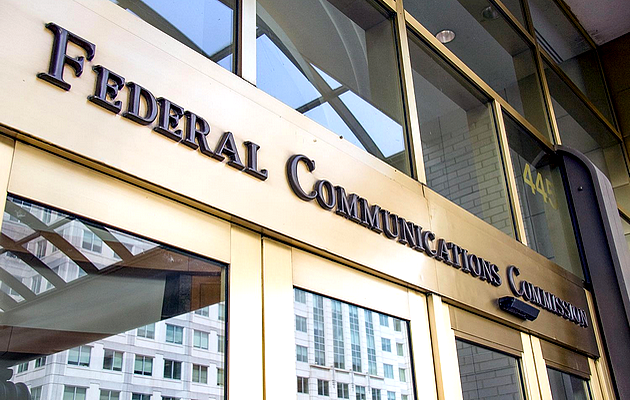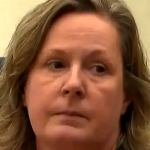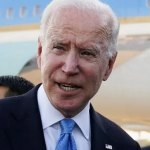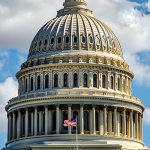McSTREAMY.COM (02/26/2015) – The Federal Communications Commission (FCC) today set rules of the road to protect free expression and innovation on the Internet and promote investment in the nation’s broadband networks. This settles the worries over Net Neutrality. The FCC received millions of comments from citizens concerned about whether the internet would continue to be free and open as it is now.
The FCC official News Release reads: “The FCC has long been committed to protecting and promoting an Internet that nurtures freedom of speech and expression, supports innovation and commerce, and incentivizes expansion and investment by America’s broadband providers. But the agency’s attempts to implement enforceable, sustainable rules to protect the Open Internet have been twice struck down by the courts.”
The Commission, enacted strong, sustainable rules, grounded in multiple sources of legal authority, to ensure that Americans reap the economic, social, and civic benefits of an Open Internet today and into the future.
“These new rules are guided by three principles: America’s broadband networks must be fast, fair and open, principles shared by the overwhelming majority of the nearly 4 million commenters who participated in the FCC’s Open Internet proceeding”, the FCC News Release continues.
“Absent action by the FCC, Internet openness is at risk, as recognized by the very court that struck down the FCC’s 2010 Open Internet rules last year in Verizon v. FCC”, the FCC News Release states.
The FCC claims broadband providers have economic incentives that “represent a threat to Internet openness and could act in ways that would ultimately inhibit the speed and extent of future broadband deployment,” as affirmed by the U.S. Court of Appeals for the District of Columbia.
The court upheld the Commission’s finding that Internet openness drives a “virtuous cycle” in which innovations at the edges of the network enhance consumer demand, leading to expanded investments in broadband infrastructure that, in turn, spark new innovations at the edge.
However, the court observed that nearly 15 years ago, the Commission constrained its ability to protect against threats to the open Internet by a regulatory classification of broadband that precluded use of statutory protections that historically ensured the openness of telephone networks.
The Order finds that the nature of broadband Internet access service has not only changed since that initial classification decision, but that broadband providers have even more incentives to interfere with Internet openness today. To respond to this changed landscape, the new Open Internet Order restores the FCC’s legal authority to fully address threats to openness on today’s networks.
The Open Internet Order from the FCC follows a template for sustainability laid out in the D.C. Circuit Opinion itself, including reclassification of broadband Internet access as a telecommunications service under Title II of the Communications Act.
With a firm legal foundation established, the Order sets three “bright-line” rules of the road for behavior known to harm the Open Internet, adopts an additional, flexible standard to future-proof Internet openness rules, and protects mobile broadband users with the full array of Open Internet rules. It does so while preserving incentives for investment and innovation by broadband providers by affording them an even more tailored version of the light-touch regulatory treatment that fostered tremendous growth in the mobile wireless industry.
While the FCC’s 2010 Open Internet rules had limited applicability to mobile broadband, the new rules, in their entirety, would apply to fixed and mobile broadband alike, recognizing advances in technology and the growing significance of wireless broadband access in recent years (while recognizing the importance of reasonable network management and its specific application to mobile and unlicensed WiFi networks). The Order protects consumers no matter how they access the Internet, whether on a desktop computer or a mobile device.
Bright Line Rules: The first three rules ban practices that are known to harm the Open Internet:
1. No Blocking: broadband providers may not block access to legal content, applications, services, or non-harmful devices.
2. No Throttling: broadband providers may not impair or degrade lawful Internet traffic on the basis of content, applications, services, or non-harmful devices.
3. No Paid Prioritization: broadband providers may not favor some lawful Internet traffic over other lawful traffic in exchange for consideration of any kind, in other words, no “fast lanes.” This rule also bans ISPs from prioritizing content and services of their affiliates.
COMMENTS WELCOME: As is the case with any article at McStreamy.com, you may comment at Your Views. We’re always happy to hear from you. If you’re not already a registered member, please follow the registration directions listed on the Your Views page. After you register, enter comments, or reply to anything anyone else enters. Only Registered McStreamy Users can enter comments, so be sure to sign in using the Log In link in our Main Menu at the top of any page. – McSTREAMY.COM
























